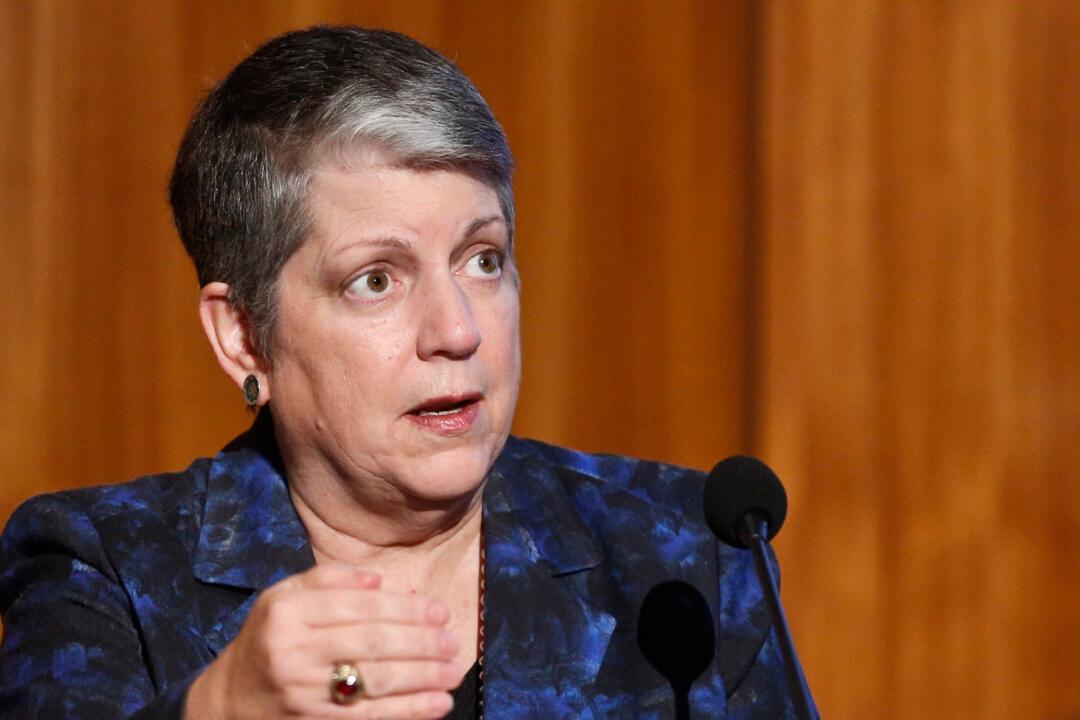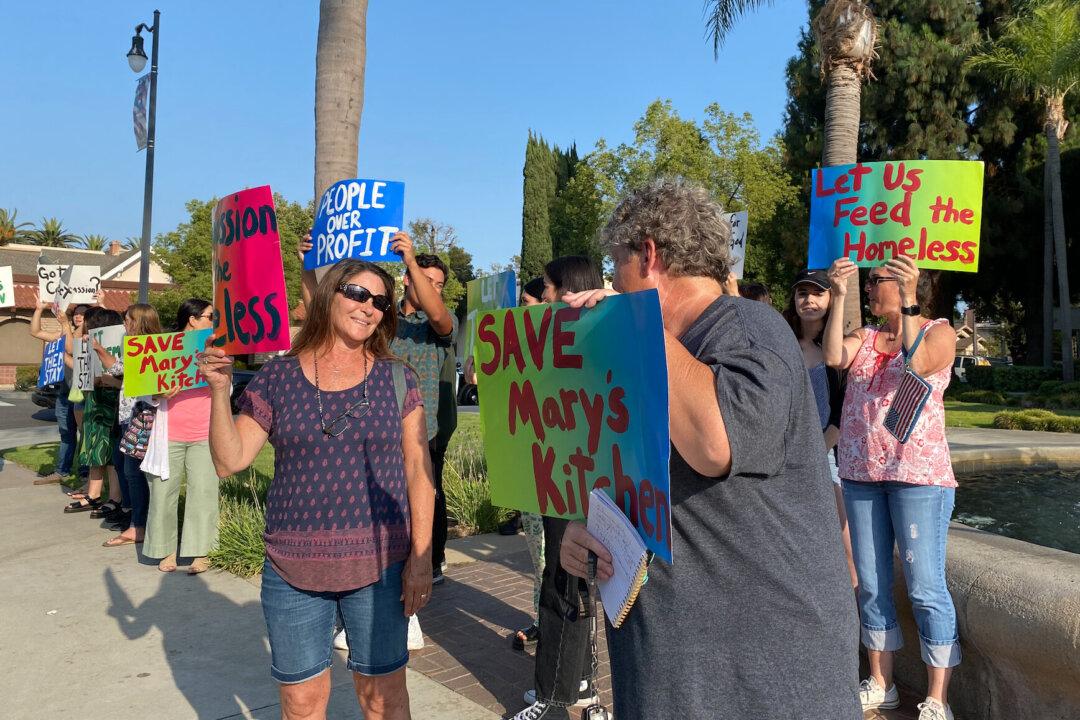Janet Napolitano has announced she will be stepping down from her position as President of the University of California (UC). She was the 20th individual to occupy the position and the first woman to lead the 10-campus system.
In a statement in September, Napolitano referred to her time at UC as “deeply gratifying and rewarding. The decision was tough — and this moment, bittersweet — but the time is right.”





